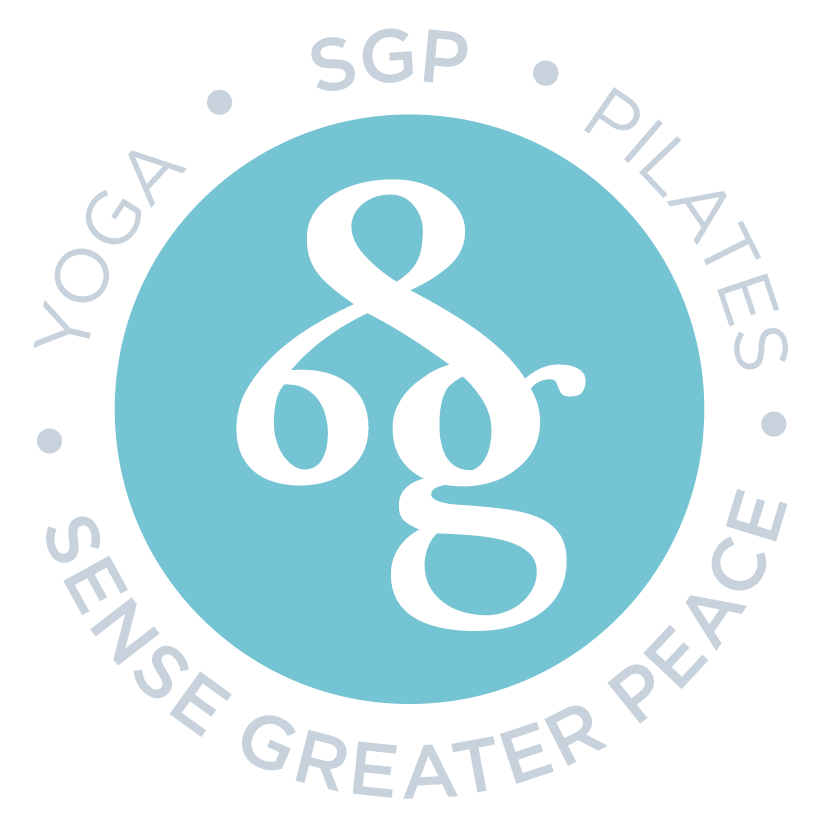Pranayama: Nadi Shodhana Breath
Nadi Shodhana is a type of pranayama (yogic breathing exercise) that involves alternate nostril breathing. In Sanskrit, "nadi" means "energy channel" and "shodhana" means "purification." This practice is also known as "Alternate Nostril Breathing" or "Anulom Vilom Pranayama."
The practice of Nadi Shodhana involves inhaling and exhaling through one nostril at a time, using the fingers to alternately close one nostril and then the other. Try this practice of Nadi Shodhana:
1. Settle in and get comfortable.Sit with your spine straight and your eyes closed.
2. Using your right hand, bring your index and middle fingers to rest on your forehead between your eyebrows. Close your right nostril with your thumb and inhale deeply through your left nostril. ( you can alternatively use any hand or fingers to close the nostril, adapt if you prefer)
3. Close your left nostril with your ring finger and exhale slowly through your right nostril.
4. Inhale deeply through your right nostril while keeping your left nostril closed with your ring finger.
5. Close your right nostril with your thumb and exhale slowly through your left nostril.
6. Inhale through your left nostril while keeping your right nostril closed with your thumb.
7. Close your left nostril with your ring finger and exhale through your right nostril.
8. Repeat steps 2-7 for several rounds, taking slow, deep breaths through each nostril.
Nadi Shodhana is believed to have several benefits, including:
1. Balancing the Yin and Yang energies in the body
2. Purifying and balancing the energy channels (nadis) in the body
3. Calming the mind and reducing stress and anxiety
4. Improving lung function and increasing oxygen supply to the body
5. Regulating the autonomic nervous system
6. Improving concentration and focus
7. Activating and balancing the chakras (energy centres) in the body
8. Enhancing overall physical and mental health.
Enjoy your practice, and remember little and often is the key to making new habits.
love always,
Sue xx
New Timetable from May 15th new times, new classes and new venues

